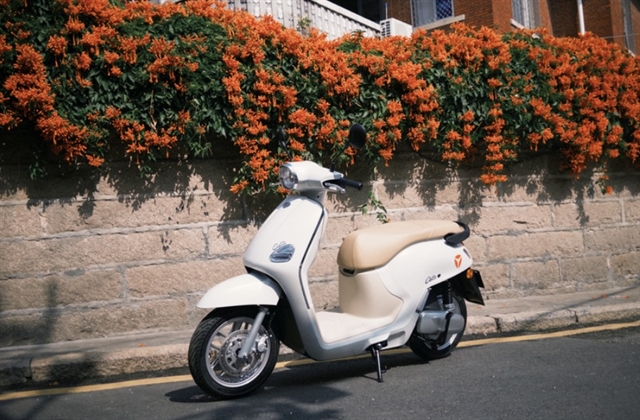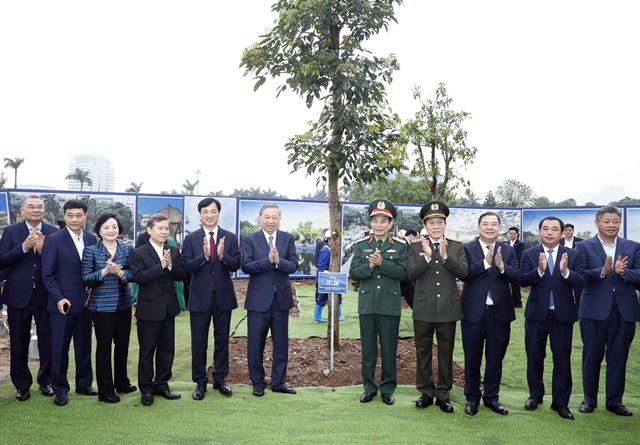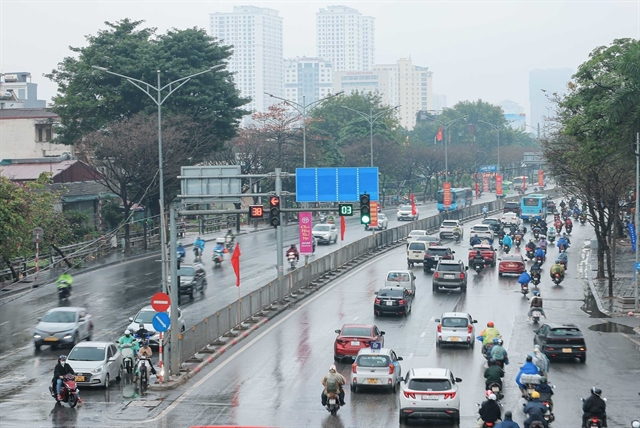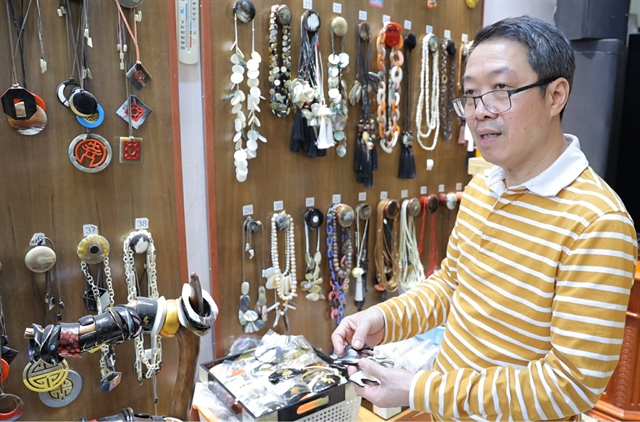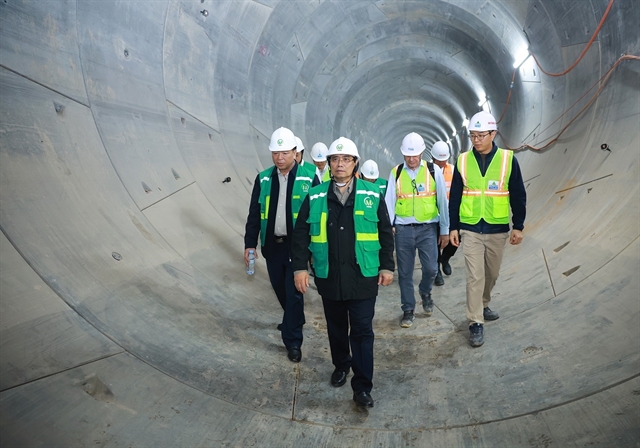 Society
Society

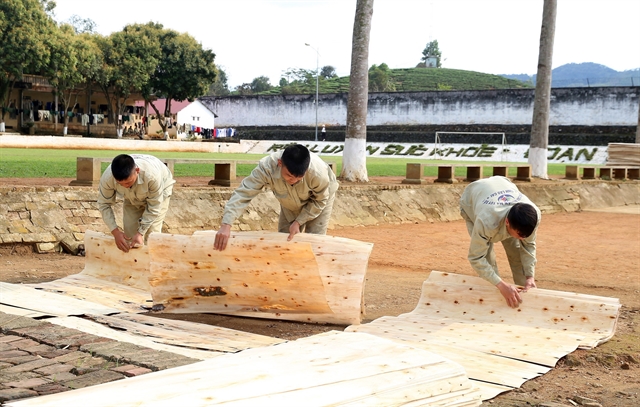
|
| Drug addicts work at the Drug Rehabilitation Centre No 1 in the northern Lào Cai Province. — VNA/VNS Photo Quốc Khánh |
HÀ NỘI — Deputy Prime Minister Trần Lưu Quang ordered the improvement of drug rehabilitation centres to relieve the workload and address the degradation of current facilities, particularly those in the central and southern regions.
He was speaking at a conference on drug control and prevention in 2022 and the key tasks for 2023 on Friday morning.
The country recorded 196,110 drug addicts last year, nearly half of whom are not admitted to rehabilitation facilities. The 2022 total figure also decreased by 9,071 people compared to 2021.
Việt Nam has 110 drug rehabilitation centres, of which 97 are public. Nineteen cities and provinces across the country have implemented voluntary drug habilitation at home and in the community, with 124 organisations eligible to provide the service.
For localities which not yet have rehabilitation centres, the deputy PM required utilising temporary facilities and developing a plan to construct them with the support of central departments.
He also asked the health ministry to work on regulation adjustments to allow health workers, including the retired, to diagnose drug addiction, which currently only limits to psychiatry, general medicine, internal medicine and traditional medicine doctors according to Decree 109/2021/NĐ-CP.
Minister of Labour, Invalids and Social Affairs Đào Ngọc Dung said that the status of the drug addict must be determined before they are taken to rehabilitation.
The diagnosis is exceptionally important as more cases of people using synthetic drugs are recorded, affecting local security and order.
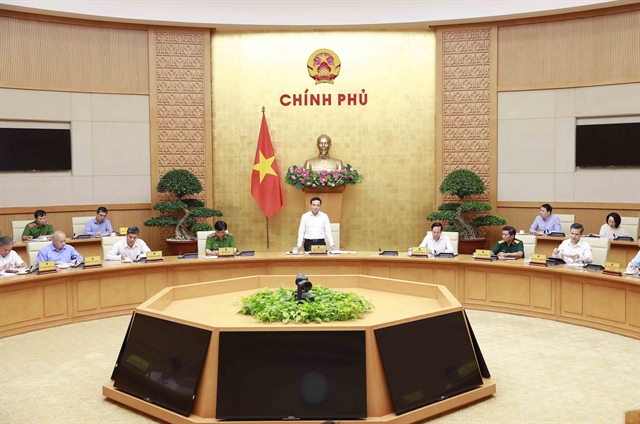
|
| Deputy Prime Minister Trần Lưu Quang (centre) at the meeting on Friday. —VNA/VNS Photo An Đăng |
At the meeting, the deputy PM also praised the police forces and authorities for the measures taken for drug control and prevention.
He required that before May 15, authorities must review the bottlenecks related to anti-drug work to put forward solutions in the near future.
The health ministry was also assigned to develop a new decree for actions and to study the methods to identify new types of drugs.
The Ministry of Public Security reported that the illegal use of drugs has been on the rise, especially after COVID-19. Drug crimes in hotspot areas also witnessed complicated developments.
Criminals are also taking advantage of delivery services to illegally transport narcotics into the country, or using Việt Nam as a transit point.
They also use social media and make transactions online using cryptocurrency such as bitcoin or ethereum, which is not recognised in Việt Nam but still valid for exchange in several other countries. This has made crime detection and investigation more difficult.
Meanwhile, the illegal cultivation of narcotic plants is still taking place in several remote and mountainous areas.
Specialised forces have been deploying multiple operations, which handled a total of 26,119 cases with 40,113 offenders, seizing 743.7kg of heroin, more than 2,100kg and 4 million tablets of synthetic drugs and over 460kg of marijuana. — VNS

